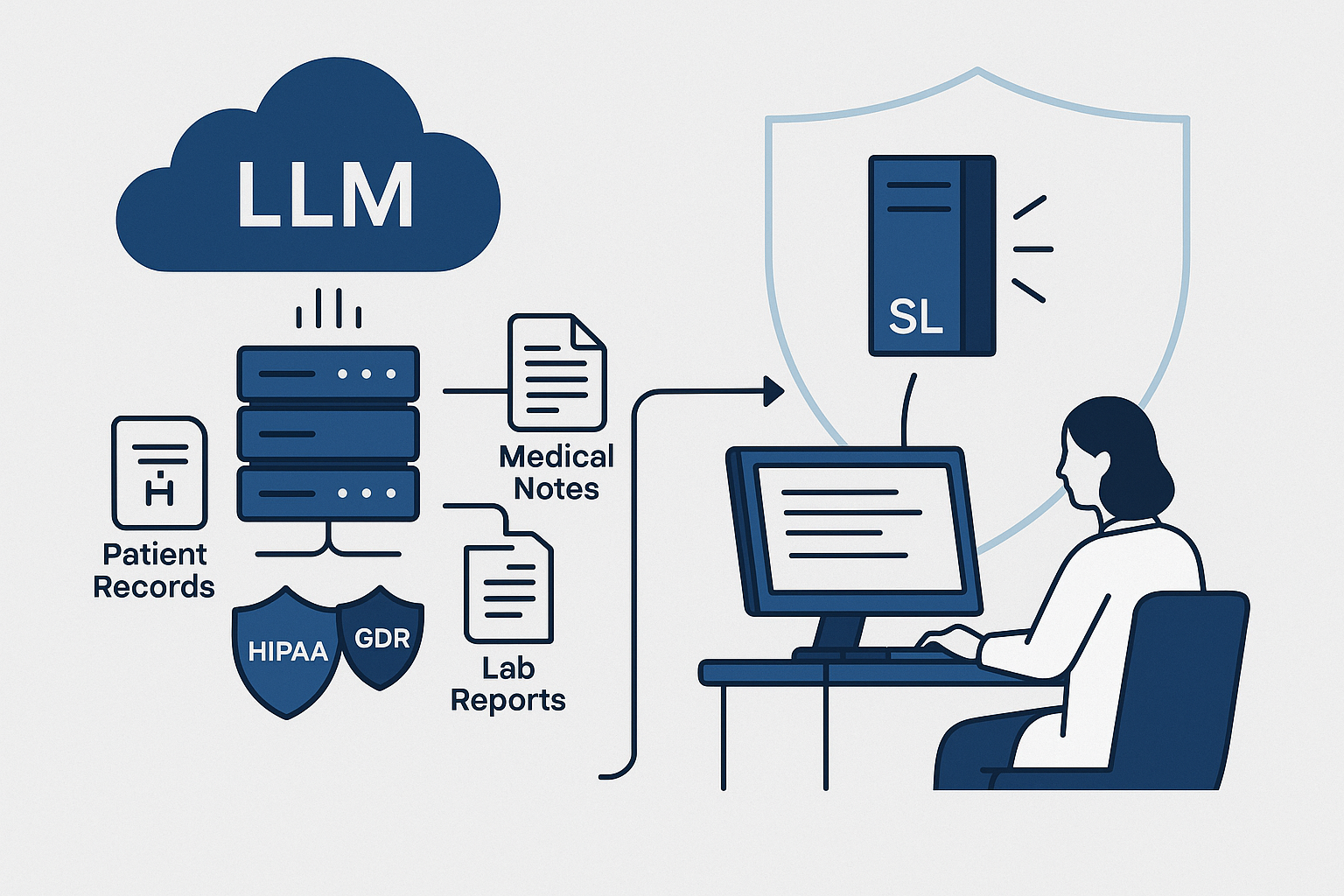Blog
Blogs
The Race to Launch Augmented Reality Mobile Apps is Wide Open
BLOG by

Ubiquotous, Evolving, and Growing. Those three things VR definitely is. You’ll see better games and technologies surfacing around the world. If you are also someone who is fascinated by the world of VR, there is no better time than today to start. Because it is still new and the initial barriers are low as well, makes it the ripest time to enter into the world of VR app development.

Google Maps is developing a new AR-based navigation feature powered by Google’s new AR Visual Positioning System.
Just about every global consumer brand with an inkling of where the market is headed, has either already created an AR experience or is seriously contemplating doing so.
What’s driving this movement?
AR has the potential to grab users’ attention and create an emotional response to your company’s product or brand. That we already knew — and is why marketers are so bullish on the technology.
In e-commerce, studies have shown that 61% of shoppers prefer to shop with retailers that offer AR over those that don’t, with 40% saying they’d be willing to pay more for a product if they could experience it through AR.
From the user’s point of view, AR has the potential to enrich our experience of the real world without forcing our attention away from reality.
Nowhere is this more apparent than in industrial and medical applications, where AR applications can eliminate the need to look away when surgeons or field workers are performing a critical or risky procedure.
You don’t have to be a tech giant to build an AR app
There’s a common misconception that in order to create an AR experience, you need to put hundreds of millions of dollars into R&D to develop the computer vision capabilities required to make an AR experience believable.
In reality, Apple, Google, and a few other platform builders have already done the hardest work.
ARKit (iOS) and ARCore (Android) are software development kits (SDKs) that allow mobile developers to easily create mobile AR experiences.
Both SDKs leverage the robust computer vision capabilities that Apple and Google have separately been developing over the past few years, adding sophisticated plane detection, motion tracking, dynamic lighting, and even face tracking capabilities, to name just a few.
The fact that these core technologies — which have required billions of dollars and nearly a decade to develop — can be leveraged by experienced mobile developers, allows companies and developers to focus on the content and overall app experience, rather than on building the underlying AR technology.
Unity now supports adding Unity-based AR content to native mobile apps
Since the inception of VR and AR, Unity has been one of the industry’s most popular software development frameworks, such as for VR platforms Oculus, Vive, and Windows Mixed Reality — but also for mobile and web-based AR applications. Because Unity is a cross-platform framework, the benefit of developing on Unity is that it is possible to deploy a single product onto several platforms (iOS and Android, for example) with minimal duplication of effort.
And now, as of Unity version 2019.3, developers can now use Unity as a library within native mobile apps built on other platforms.
What this means is that developers can now add Unity-based AR content into existing mobile apps much more easily, rather than having to build the entire app on Unity, from the ground up.
Looking ahead
While the biggest companies in the world have already been investing billions into bringing AR experiences to life, there’s still a tremendous amount of growth expected in this market.
According to IDC, the AR market is expected to grow to $50 billion by 2021. Mordor Intelligence predicts it will expand to $73 billion by 2023, fueled in large part by expected growth in AR hardware, namely glasses.
A lot of that growth might also come from SMBs and startups that are starting to pile into the opportunity, too.
“CitrusBits enjoys the opportunity to create mobile AR experiences for some of the biggest and most respected organizations in the world,” explains Harry Lee, CEO of CitrusBits, the #1-rated AR development company according to Clutch and The Startup. “But recently, we’ve also had many compelling discussions with SMBs and entrepreneurs around AR experiences. Beyond understanding that AR is now a commercial reality, these smaller businesses now appreciate that AR is within their grasp – technologically and financially — thanks to the services of companies like ours.”
About the Author
Content Writer
Related blogs
BLOG

